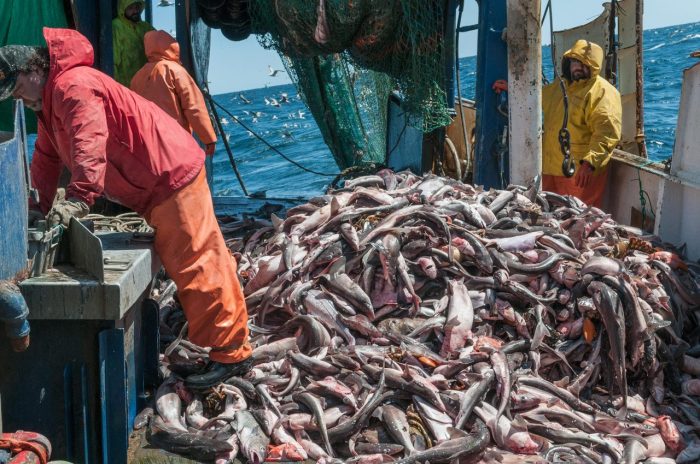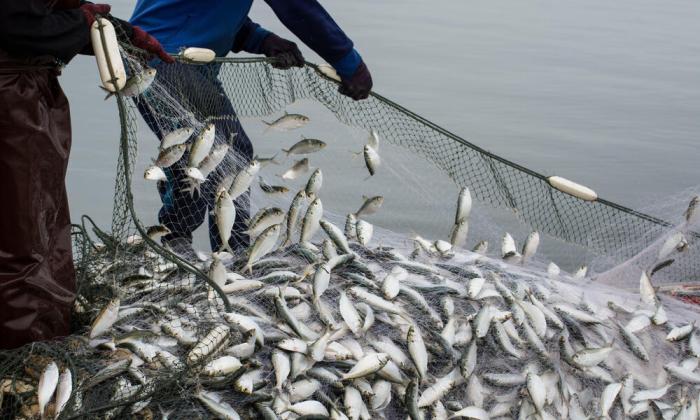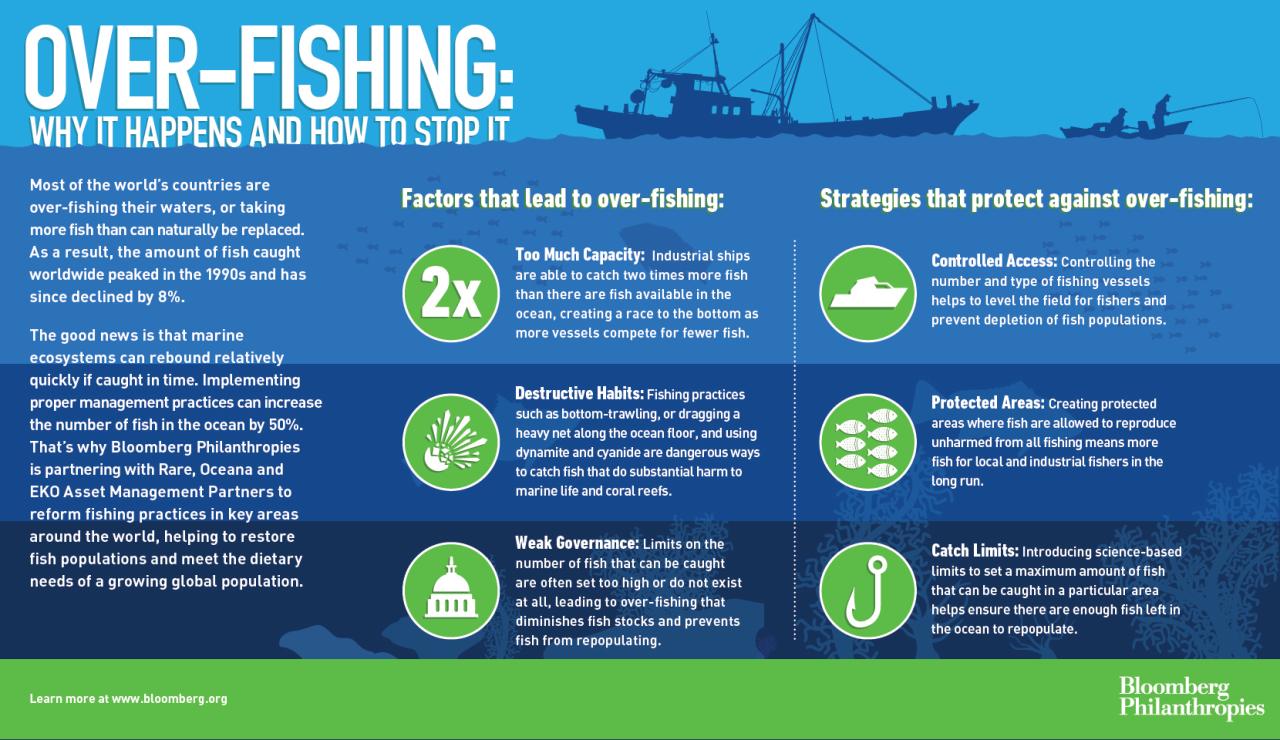The effects of overfishing cease immediately when fishing is stopped, leading to a cascade of positive impacts on marine life and ecosystems. This cessation triggers a remarkable recovery process, characterized by population rebounds, enhanced species diversity, and the restoration of marine habitats.
The cessation of overfishing brings about ecological benefits, including increased prey availability and reduced competition among species, allowing marine ecosystems to thrive once again.
Immediate Impacts of Cessation: The Effects Of Overfishing Cease Immediately When Fishing Is Stopped

The cessation of overfishing has immediate and observable effects on marine life and ecosystems. When fishing ceases, populations of targeted species begin to rebound rapidly. This is due to the removal of the primary source of mortality for these species, allowing them to reproduce and increase their numbers.
As populations of targeted species recover, they begin to exert top-down control on their prey species. This can lead to increased abundance of prey species, which in turn benefits predators that rely on these prey species for food.
The cessation of overfishing also allows for the recovery of marine habitats. When fishing gear is removed from the water, it can no longer damage or destroy marine habitats, such as coral reefs and seagrass beds. This allows these habitats to recover and support a greater diversity of marine life.
Long-Term Consequences of Continued Overfishing, The effects of overfishing cease immediately when fishing is stopped
If overfishing is not ceased immediately, it can have devastating long-term consequences for marine life and ecosystems. Overfishing can lead to the extinction of species, the disruption of food webs, and the irreversible damage to marine ecosystems.
When a species is overfished to the point of extinction, it can have a ripple effect throughout the ecosystem. The loss of a single species can lead to the decline of other species that rely on it for food or shelter.
Overfishing can also disrupt food webs by removing key species from the ecosystem. This can lead to changes in the abundance and distribution of other species, and can have a negative impact on the overall health of the ecosystem.
Economic and Social Implications
The cessation of overfishing can have significant economic and social implications for fishing communities. In the short term, it can lead to job losses and economic hardship for those who rely on fishing for their livelihood.
However, in the long term, the cessation of overfishing can lead to a more sustainable and profitable fishing industry. By allowing fish populations to recover, it can ensure that there will be enough fish to support future generations of fishermen.
There are a number of alternative livelihood options for those who are displaced from the fishing industry. These include tourism, aquaculture, and marine conservation.
Policy Recommendations
There are a number of policy recommendations that can be implemented to support the cessation of overfishing. These include:
- International cooperation:Overfishing is a global problem that requires international cooperation to solve. Governments need to work together to develop and implement effective policies to reduce overfishing.
- Regulations:Governments need to implement regulations to limit the amount of fishing that can take place. These regulations should be based on sound scientific evidence and should be designed to protect fish populations and marine ecosystems.
- Enforcement:Governments need to enforce fishing regulations to ensure that they are being followed. This includes monitoring fishing activities and punishing those who violate the regulations.
Public Awareness and Engagement
Public awareness and engagement are essential for promoting the cessation of overfishing. The public needs to be educated about the effects of overfishing and the importance of protecting marine life and ecosystems.
There are a number of ways to raise public awareness about overfishing. These include:
- Media campaigns:Media campaigns can be used to raise awareness about the effects of overfishing and to encourage people to make sustainable seafood choices.
- Educational programs:Educational programs can be used to teach people about the importance of marine life and ecosystems, and the threats that they face from overfishing.
- Public engagement:Public engagement activities can be used to involve the public in the development and implementation of policies to reduce overfishing.
Q&A
Does the cessation of fishing lead to an immediate recovery of marine life?
Yes, the cessation of fishing triggers a rapid recovery process, resulting in population rebounds, increased species diversity, and habitat restoration.
What are the economic implications of ceasing fishing?
While ceasing fishing may lead to job losses and economic hardships for fishing communities, it also presents opportunities for alternative livelihoods and sustainable fishing practices.
How can public awareness contribute to the cessation of overfishing?
Educating the public about the detrimental effects of overfishing can drive change, influence policy decisions, and foster collaboration for sustainable fishing practices.

